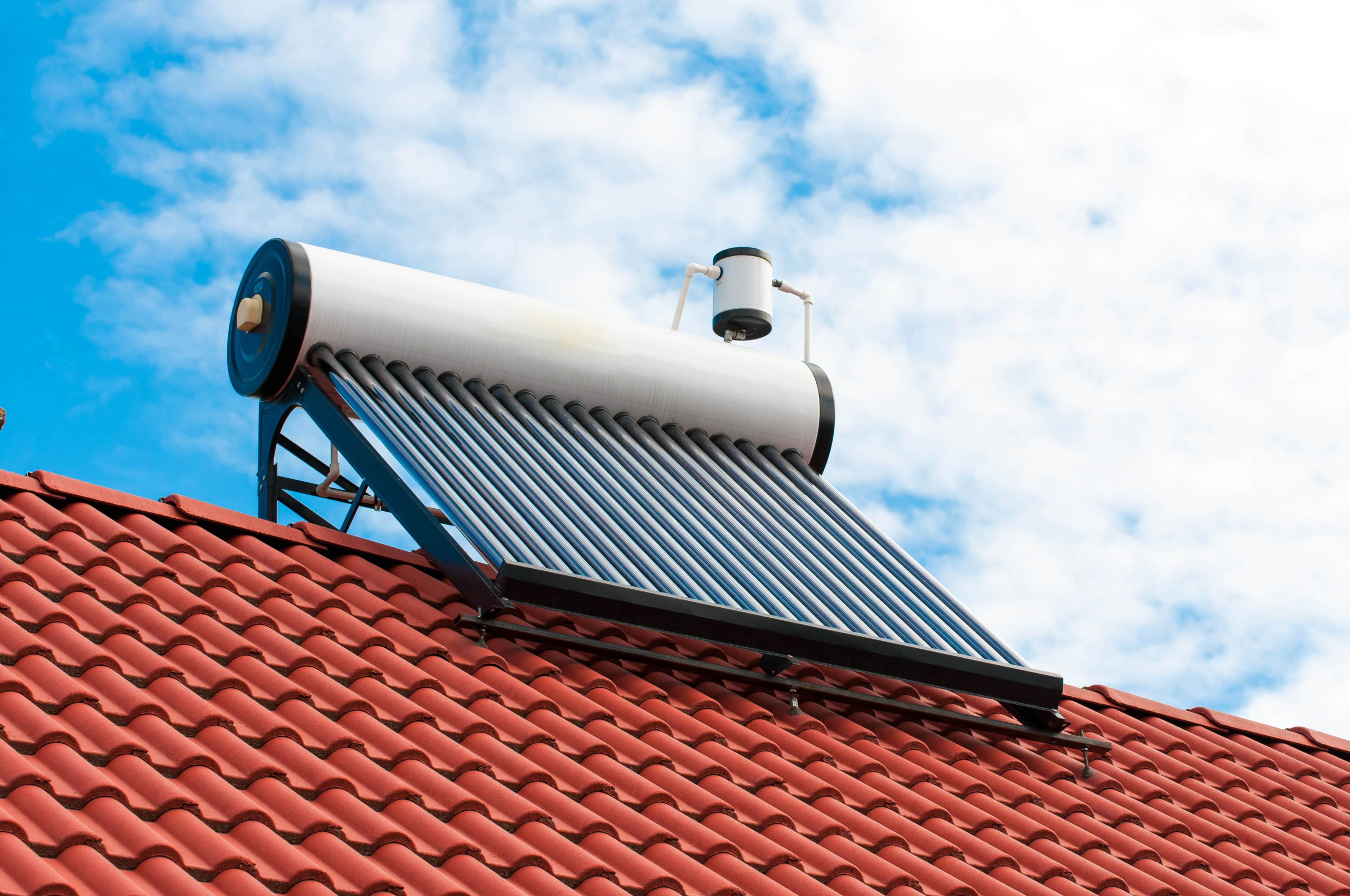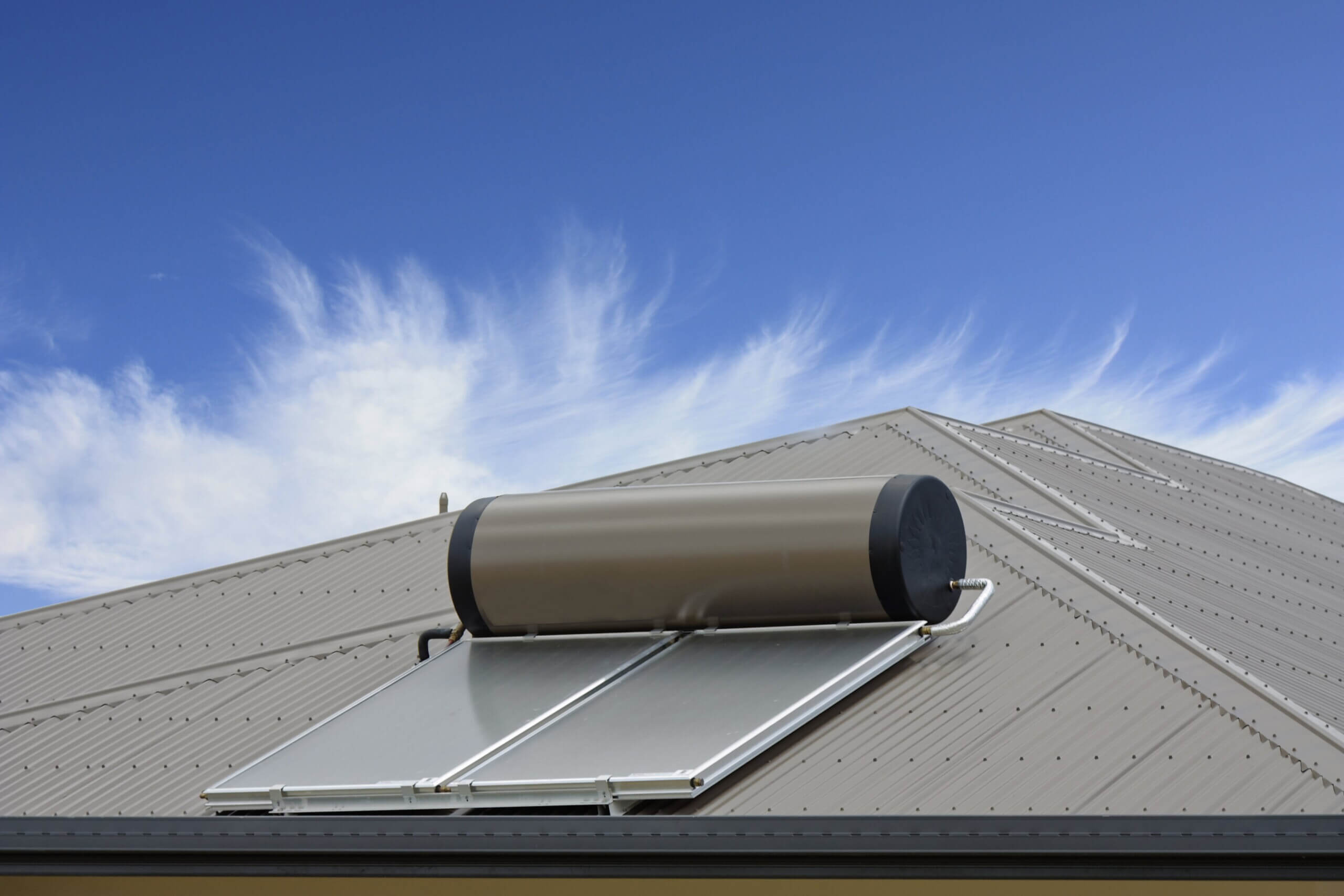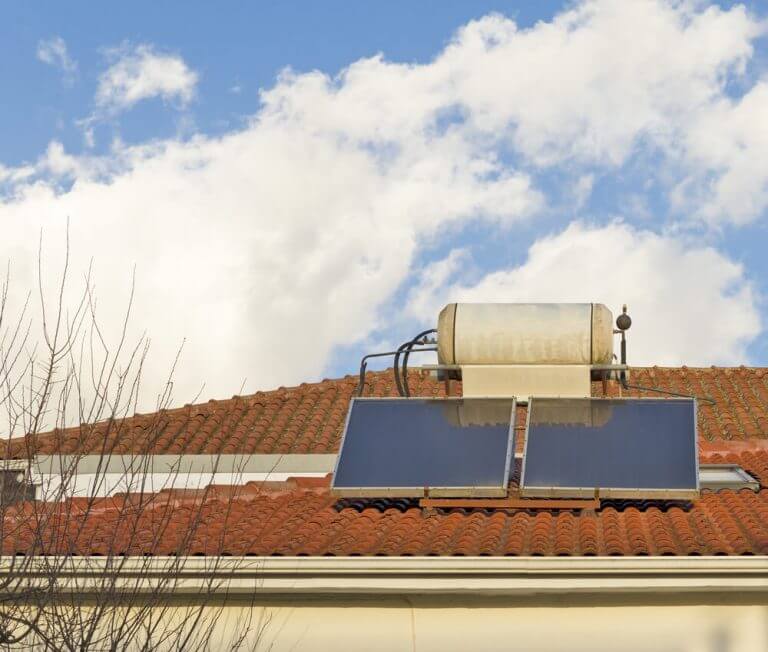Can You Save Money With A Solar Hot Water System?
One of the main reasons for using renewable energy sources to run a household is to lower carbon gas emissions and subsequently, the household’s carbon footprint. With the rise in the costs of running a household, another compelling reason why people shift from their current electric water heating system to a solar hot water system is the amount of money that can be saved. Solar heating systems may cost more initially as they can be more expensive to purchase and install. However, savings do accrue in the long run.

Savings on electricity bills
On the average, an average household can see a drop of around 50% or more on their water heating bills after they have shifted from gas or electric heating systems. However, several factors need to be taken into consideration to determine the exact amount of savings for a particular household. These factors include the number of people in the house (which in turn affects the amount of hot water being used), the brand or model of solar heating system, the amount of sunlight available year round (which depends on one’s geographic location), and how well the solar heating system is installed and maintained.
Government rebates
You can also benefit financially from using a solar heating system for your hot water needs with federal and state government rebates. These rebates such as the Renewable Energy Certificates can significantly reduce your purchase and installation costs. Generally, RECs are issued when a complete solar-powered water heating system is installed, with the exact amount based on the system size and performance capacity. It is also required that the system be installed by an authorised installer in order to claim these government rebates. When looking into installing a solar hot water system Rockingham and other WA residents can check with their dealer and installer on the availability of RECs.
Maintenance Costs
Most of these systems in fact already include a five to ten-year warranty. Our systems are designed and built to withstand Australia’s weather conditions, but just to ensure that the system is working properly maintenance checks should be done regularly. Avail of our maintenance checks every year for peace of mind. Conducting these important maintenance service on your system is important not just to ensure that you get the maximum benefit of the system all year round, but also to avoid solar hot water system repairs.
Reducing carbon emissions is more than just a buzzword especially if there is a way of doing that in a tangible manner. With the use of a solar water heating system, your family can do just that as well as save on your energy bills. Add up your benefits even further by purchasing from a local company with extensive knowledge about the local climate. With our expertise in what works best in the Mandurah climate, you’ll get quality solar hot water system service with iBreeze.
For energy efficient, effective heating and cooling solutions all year round, reach out to our team of specialists. We’ll deliver the highest comfort to both your residential and commercial space, no matter the size or scale.
Sunday Closed
Monday 9:00am – 5:00pm
Tuesday 9:00am – 5:00pm
Wednesday 9:00am – 5:00pm
Thursday 9:00am – 5:00pm
Friday 9:00am – 5:00pm
Saturday Closed


